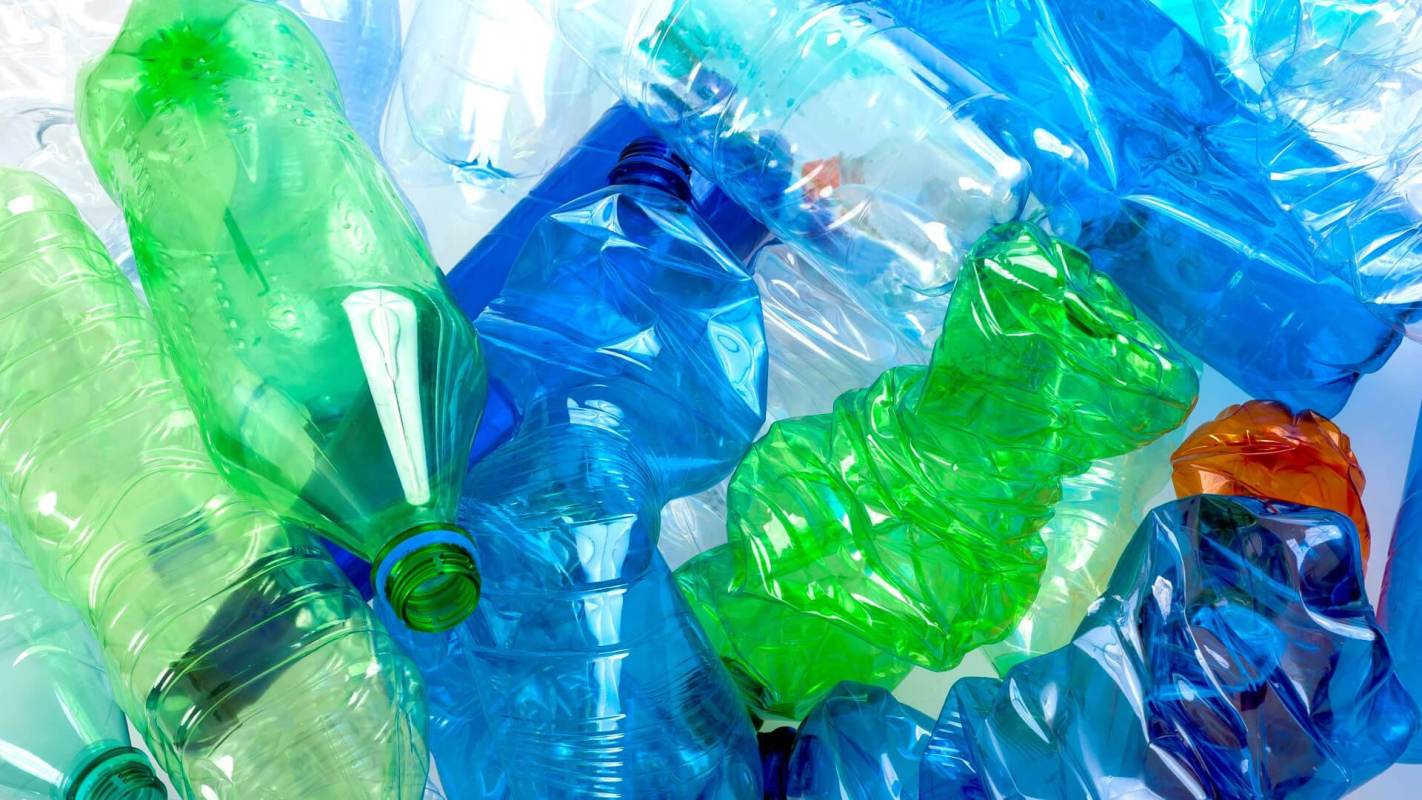A University of Michigan research team has discovered a new method for controlling the breakdown of PVC plastics.
While it was already possible to recycle plastic, most waste of this kind is never recycled due to the difficulty of the process. Items have to be clean before they can be processed, and all of the many different kinds of plastic have their own chemical formulas, so they can't be mixed together.
Cleaning and sorting take time and labor — and that's before the recycling center can even start the process of melting down the material into a usable form. These difficulties have led to a buildup of plastic waste in the world, including in landfills and the infamous Great Pacific Garbage Patch.
In the past, polyvinyl chloride (PVC) has been an especially big problem. Manufacturers add chemicals called plasticizers when manufacturing PVC to make it more flexible. Unfortunately, plasticizers are toxic, and the heat used in the recycling process releases them from the plastic.
Hot PVC also produces hydrochloric acid, a dangerously strong substance that can even damage the recycling plant's equipment. Even though PVC is one of the three most common plastics worldwide, less than 0.25% of it is recycled after it reaches consumers.
This is where electrochemistry comes in. Danielle Fagnani and Anne McNeil headed the research team that made the breakthrough. Not only does their method actually use the plasticizers in the PVC to make the reaction more efficient, but it also controls the temperature of the material.
"What we found is that it still releases hydrochloric acid, but at a much slower, more controlled rate," Fagnani told the University Record. This means the acid can be collected and recycled for use in other chemical processes. Instead of a dangerous problem, it becomes one of the useful products of PVC recycling.
Processing the world's PVC would make a major dent in plastic waste, which the Organisation for Economic Co-operation and Development predicts could triple by 2060. This method could be used on hospital equipment, construction materials, and even clothing, reducing the amount of waste that ends up in the environment.
Having recycled materials available to manufacturers also helps keep product costs low and reduces the amount of raw material they need to use — which, in the case of plastic, means oil.
The manufacturing industry won't be able to convert to all-recycled PVC just yet. Fagnani and McNeil's team is still looking for ways to use the other materials produced with its method. But the discovery promises to make plastic recycling much easier and more productive in the future.
Want more? Follow The Cool Down on Instagram and join our Weekly Newsletter for cool stories and easy tips that save you money, time, and our planet.








